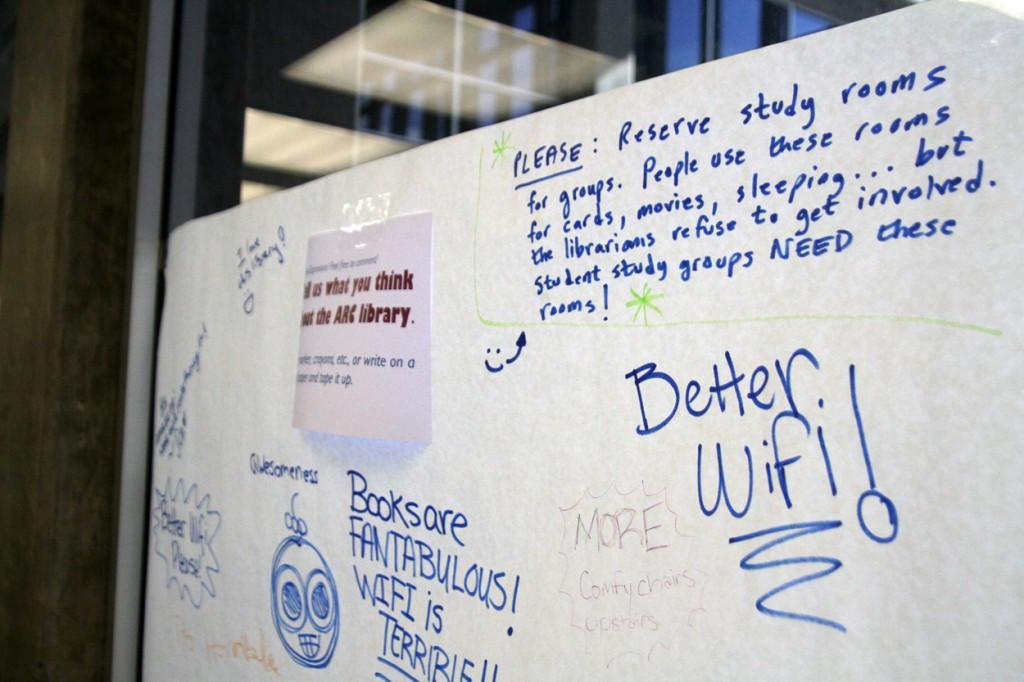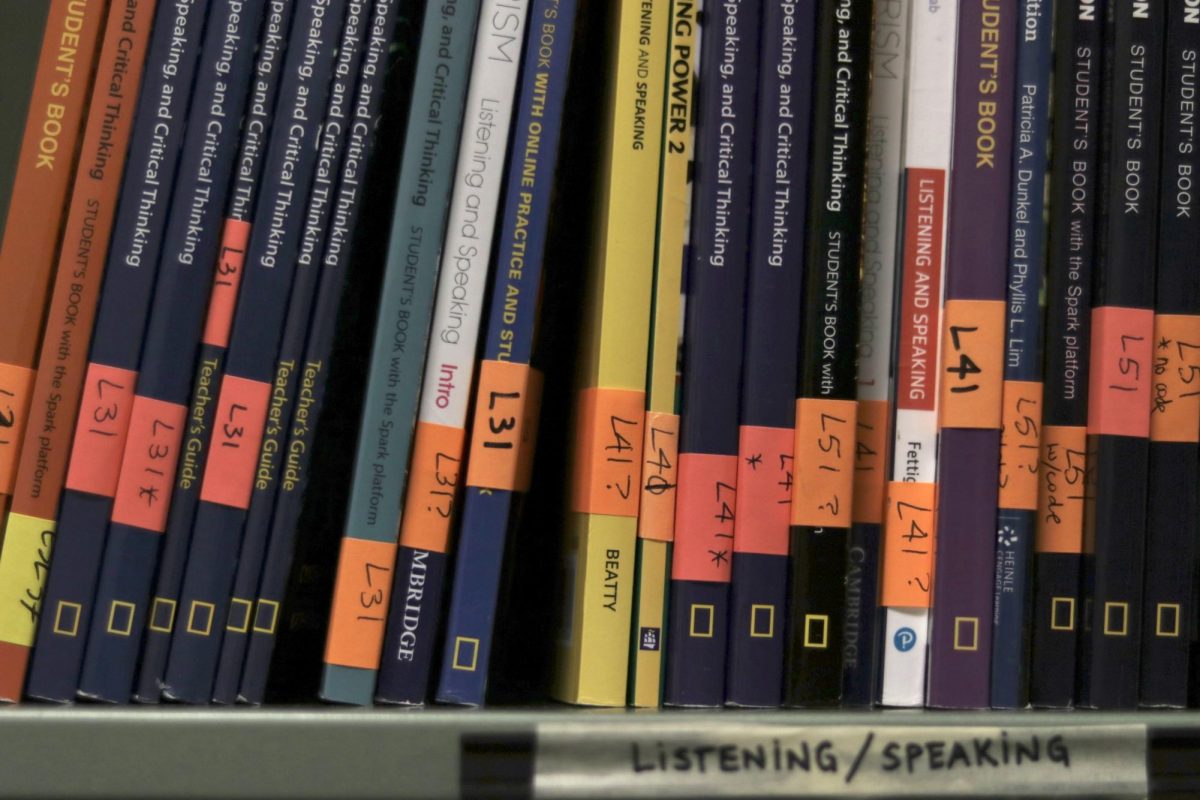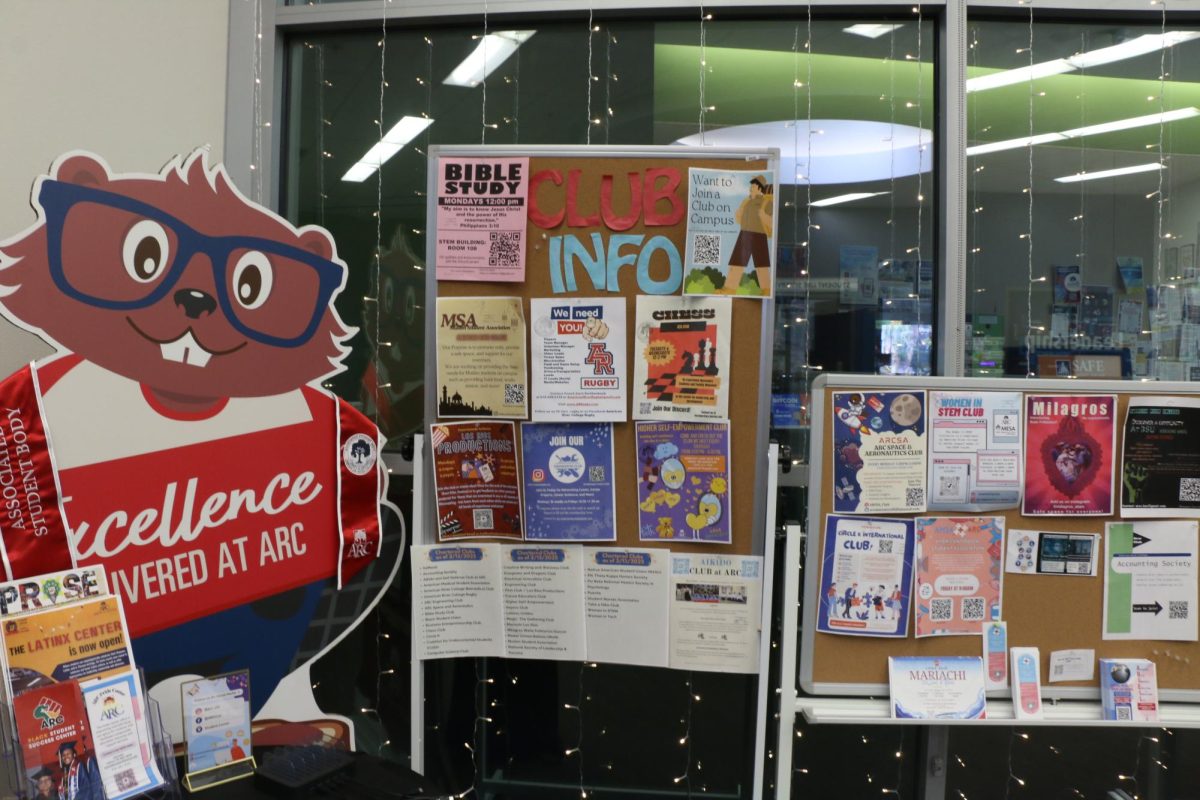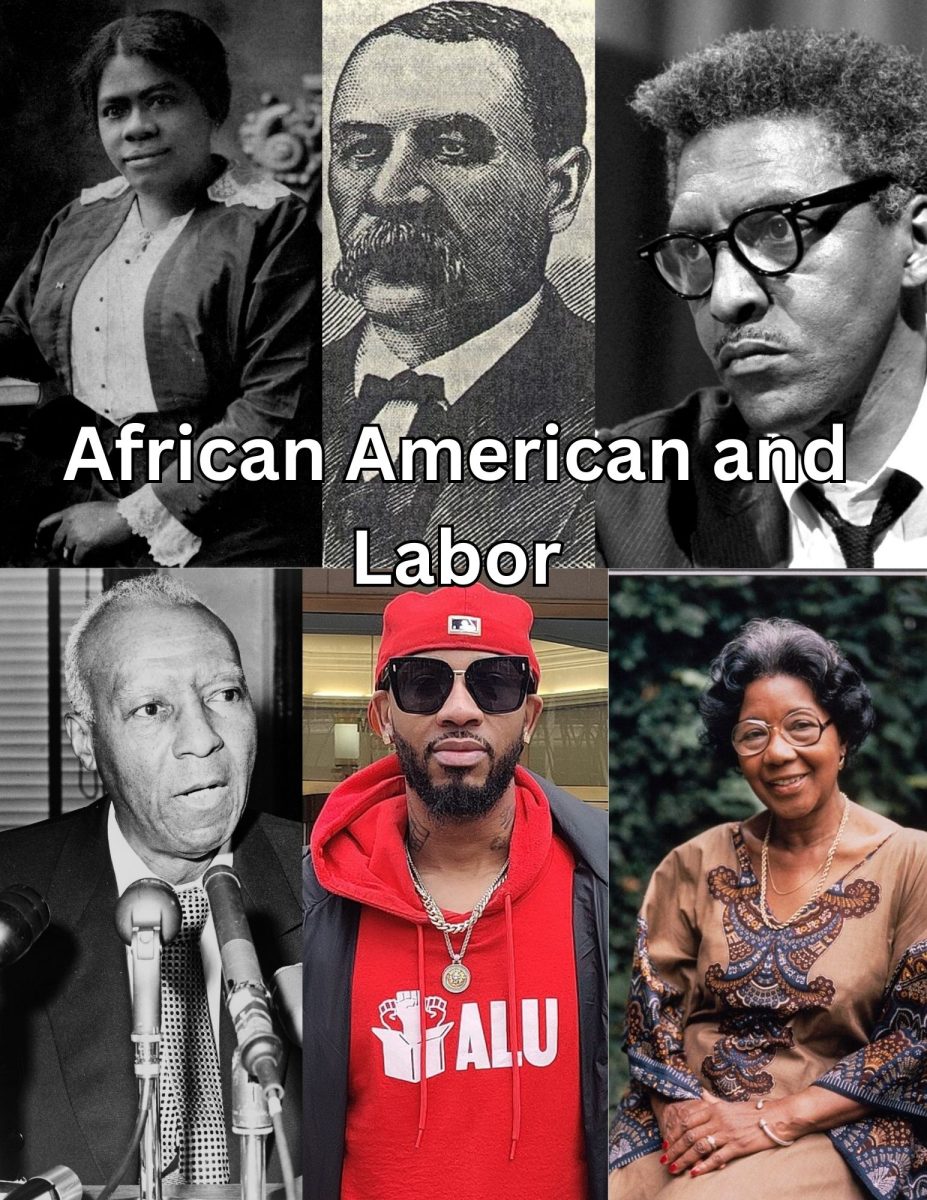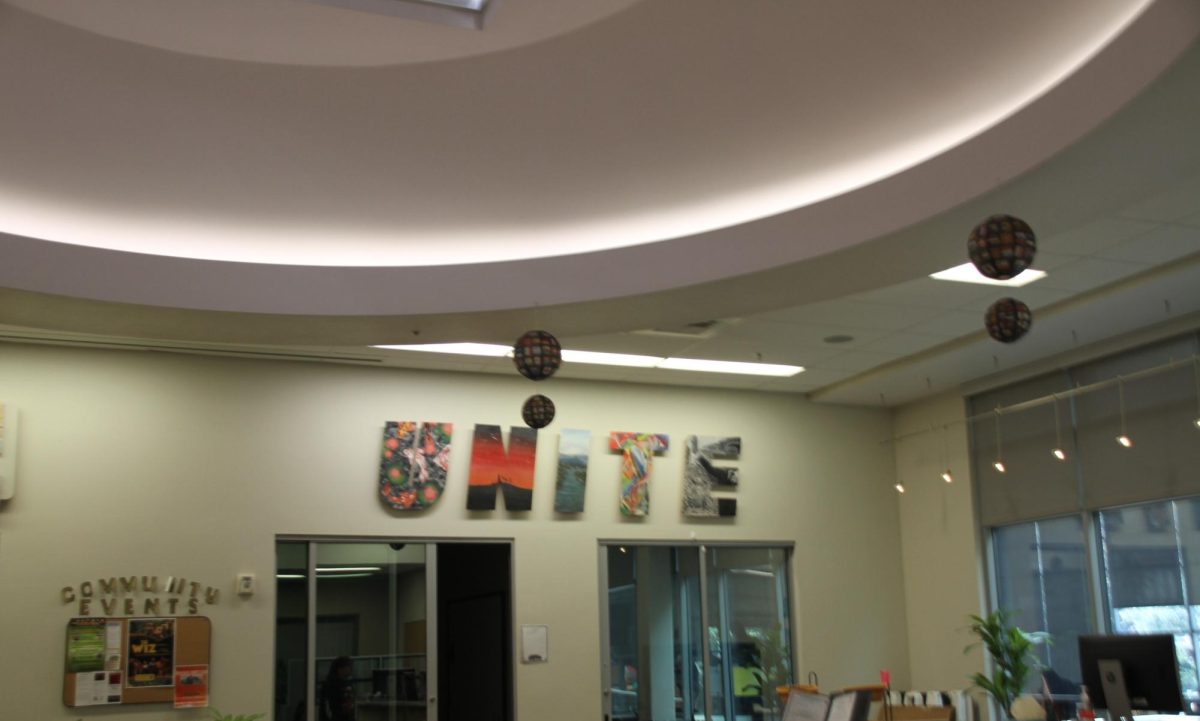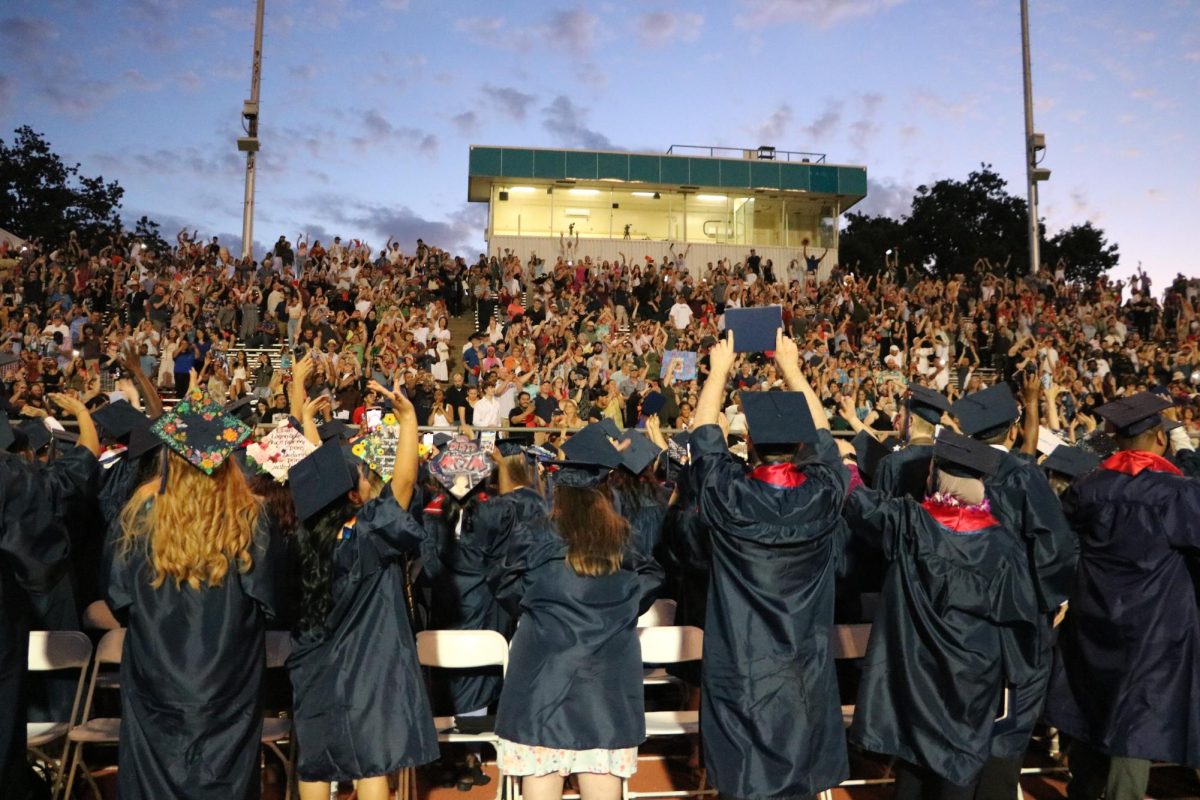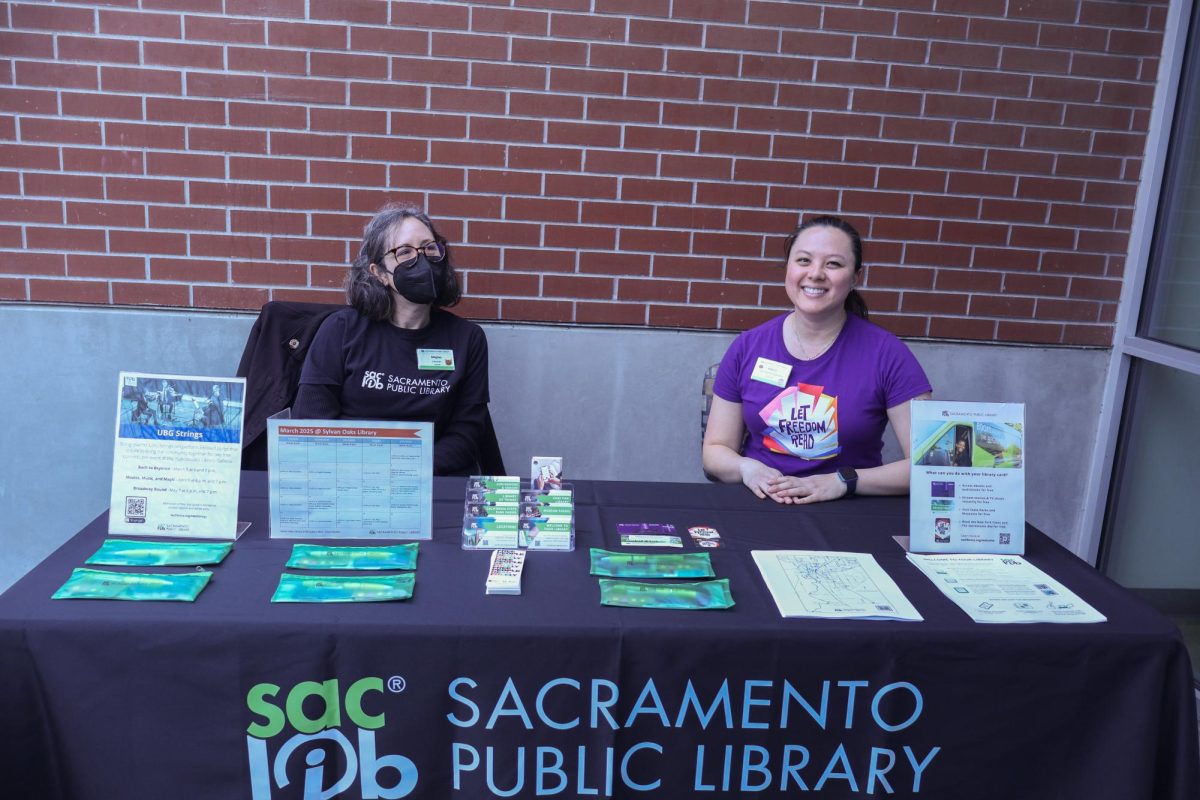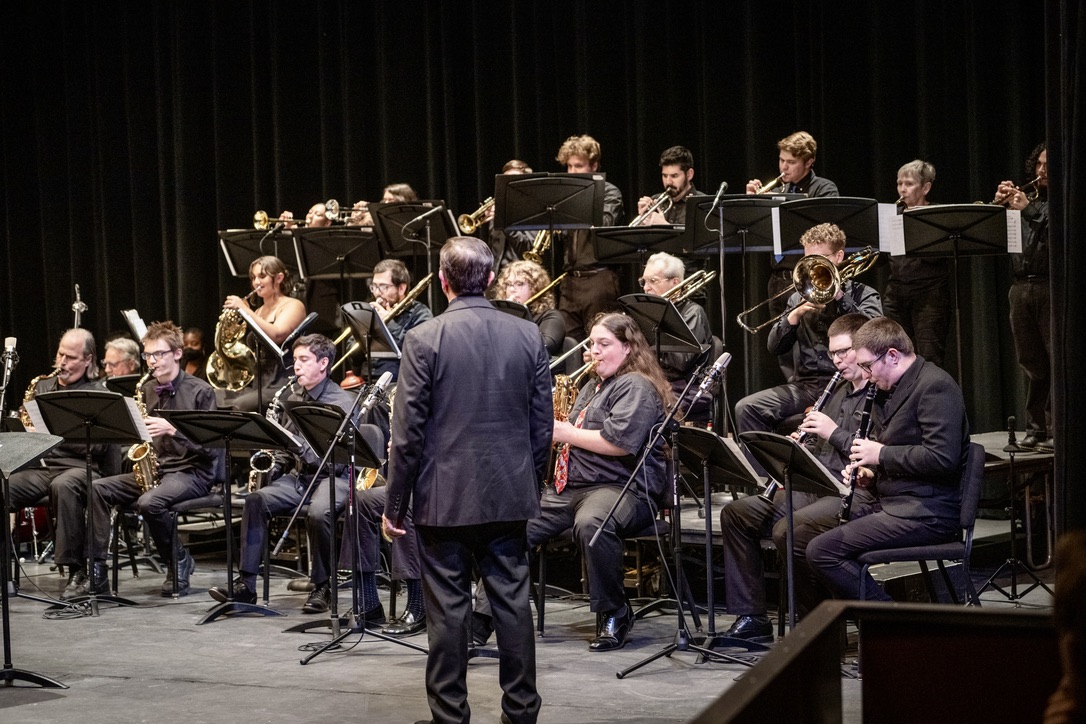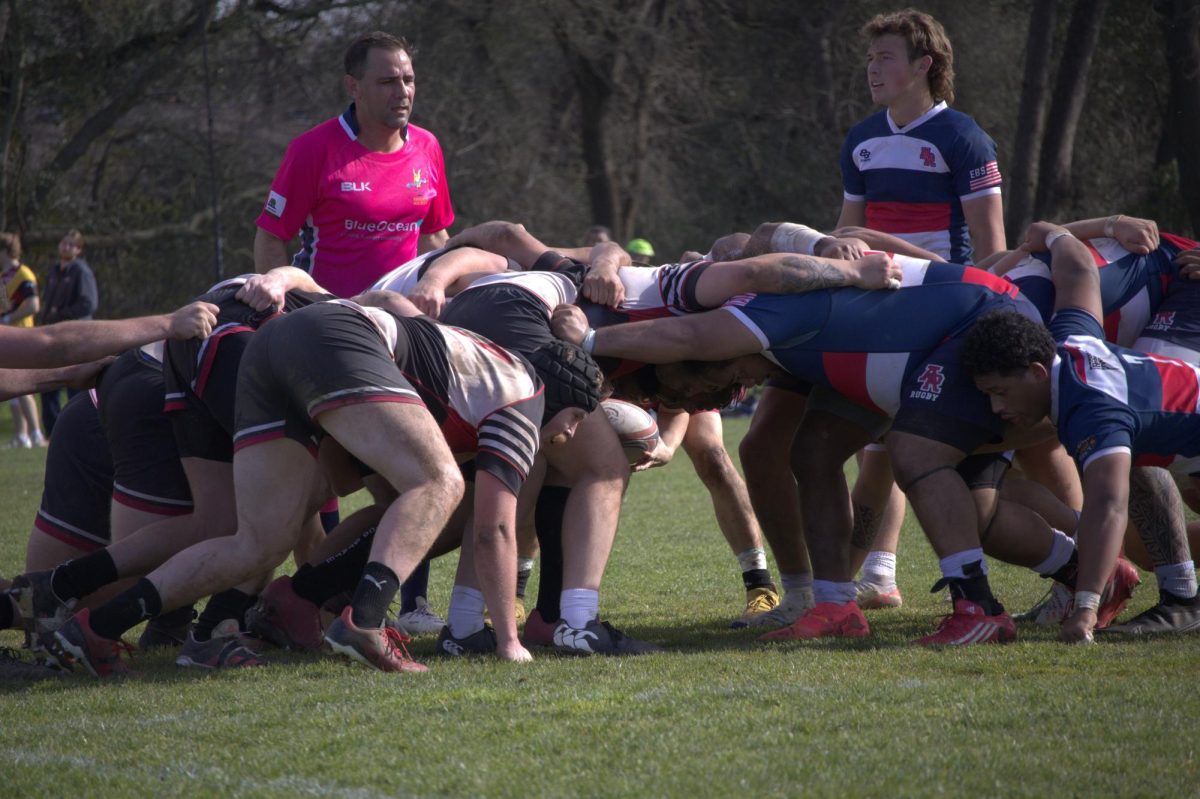At ARC library, some students speak about dissatisfaction in study rooms while others have no problem
It’s two days before a big test and you and a group of friends are in the library searching for a study room. It’s a weekday, so they are all full but you spot one with only one person. You politely ask that person to leave but he says, “I’m waiting for someone,” while they play Angry Birds on their smartphone. You take their word and continue to search without luck. You return to the room you had walked in before and the same student is still by himself playing Angry Birds.
If you think you’re the only one with this problem, you’re not alone. According to an informal poll conducted by The Current over the course of a recent afternoon, more than a dozen students expressed concerns about the study rooms as well. On the library’s “how are we doing?” wall, one anonymous person wrote, “People use these rooms for cards, movies, sleeping. But the librarians refuse to get involved.” The post has since been taken down. After multiple complaints, the library has since put out an answer poster to the “how are we doing” wall.
The library has answered the claims of the misuse of study rooms, stating it agrees that the rooms should be for academic use only and will now place this on the rooms and their website.
Students Voice Concerns
John Prieto, an American River College student, has had problems finding a study room. “We’ve come up a couple of times here. I get to school about 7:30 (a.m.) so I can come up into the library and get a room,” Prieto said.
According to the library’s website, there are 19 group study rooms available throughout the library. They are available on a first-come, first-serve basis and therefore cannot be reserved. Groups are given preference; therefore, individuals using the group study rooms may be asked to leave by any group wanting to use the room.
According to Prieto, however, not everyone follows the site’s current rules. “It’s been at least two or three times that we’ve asked individuals to leave because they’ve been in the room by themselves, lights off, obviously just resting some place quiet,” he said. When asked to leave, these people “make the excuse that they’re waiting for somebody, that ‘they’ll be here.’ And I’m with somebody at the moment and they’re still not giving us the room.”
According to ARC librarian Connie Ferrara, 4,000 students come through the library everyday. It makes it difficult to micromanage all the rooms and follow-up on what people are using them for. When approached by students who want to study, the librarians will intervene. But if the student says they are studying, librarians have to take them at their word. They call campus police if a situation gets out of hand, but that happens rarely.
Respecting Policies
On the other hand, students like Adrian Gallardo haven’t had any problems with people misusing or not giving up the rooms to larger groups.
“I’ve actually came a couple of times where me and my group have asked (people to leave) and they’ve been generous enough to not have any issues and step right on out and be happy with that,” Gallardo said.
However, math tutor Benjamin Uchytil, who comes here on his free time to help students academically, has had difficulty with the library staff enforcing the rules.
“Last year was a particular problem,” Uchytil said. “I went down stairs asked for help from a staff member or librarian. In each case, I was referenced to the reference desk. They would call upstairs and tell them what the problem is and they would send down to tell me, ’I’m sorry, we don’t get involved with these things.’”
Associated Vice President of Construction and Learning Resources David Redfield acknowledges the misuse but that students should police themselves rather than having the librarians do so.
“We’ve tried not to be police to the rooms,” Redfield said. “We think students are adults and have responsibility and when you see a room with one person you say something to them and if there is an issue then you talk to a librarian. I think it teaches people to be adults and teaches how to work in society much better than someone walking up and down the hall.”


